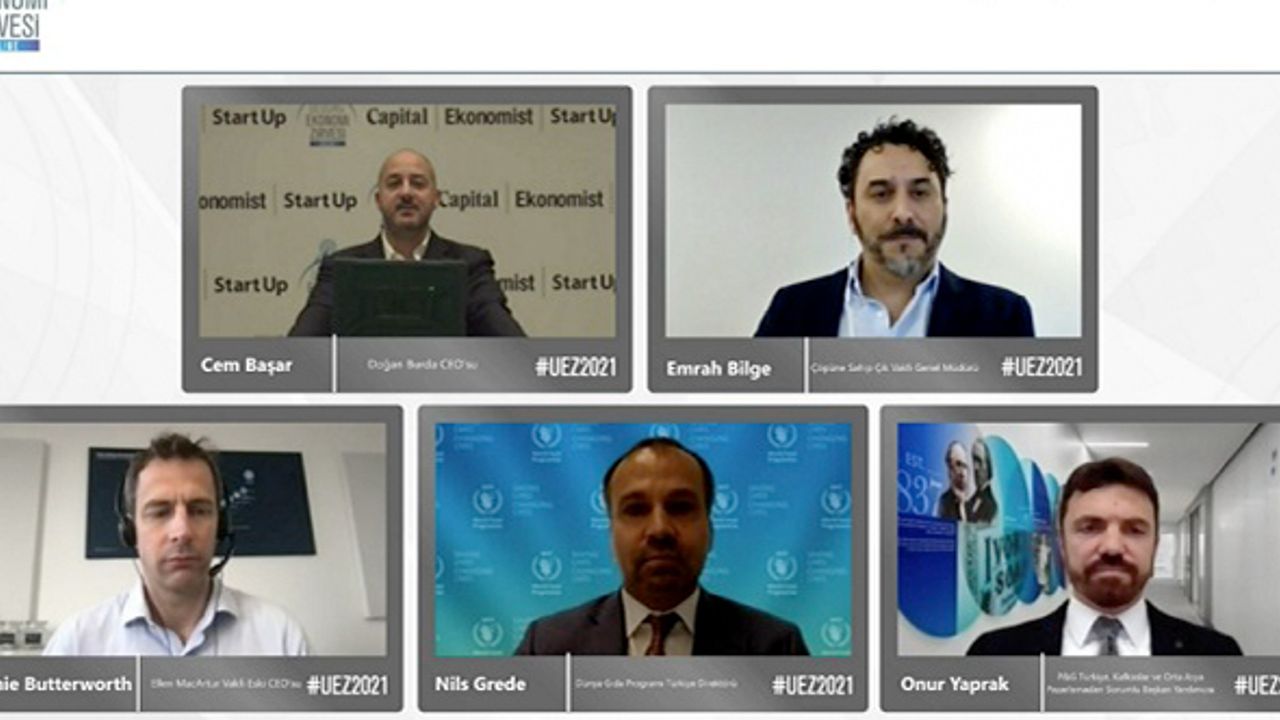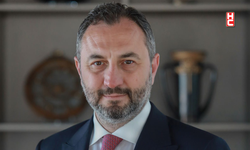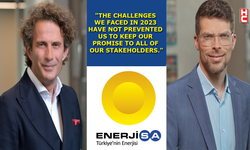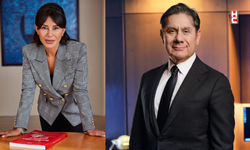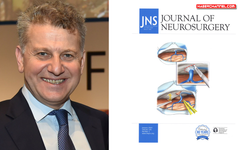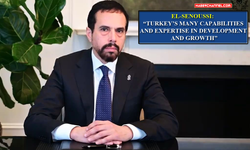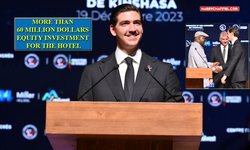New production and business models that emphasize innovation and sustainability were discussed at the ‘Circular Economy: Don't Waste the Future’ session, sponsored by Fairy, on the second day of the Uludag Economy Summit.
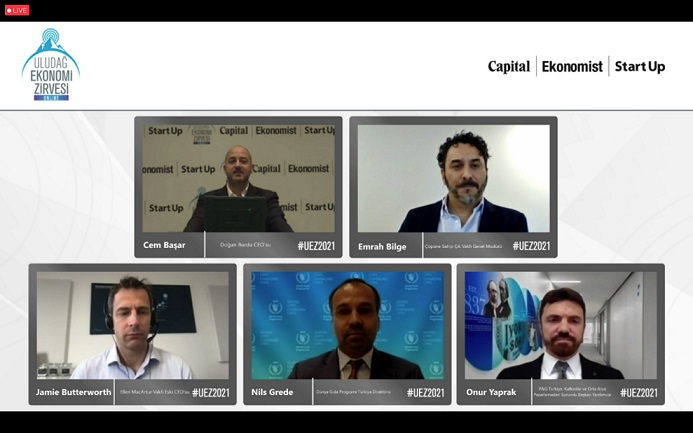
BILGE: THE RECYCLING RATE IN TURKEY IS ONLY 12 PERCENT
Copune Sahip Cik Foundation Emrah Bilge said, “As humans, we are far from the circular economy both in the world and in Turkey. 270 kg of garbage is produced per person per year in the world. This figure is 538 kg per person in OECD countries, and 420 kg in Turkey. When we look at the world regarding recycling, we can see that a recycling rate of 20 percent, 25-30 percent in the OECD, and only 12 percent in Turkey is achieved. In other words, we continue to bury 88 percent of all our waste in the ground in Turkey. We both harm nature and waste raw materials that can be reused in a resource-scarce world.”
BUTTERWORTH: WE WASTE A THIRD OF THE FOOD WE PRODUCE
Former CEO of Ellen MacArtur Foundation Jamie Butterworth said, “We need to look at how we measure value in economics. There is currently a very linear view. However, when viewed it circular, some facts appear. For example, we waste a third of the food we produce, it costs about a trillion dollars. If this were a country, it would be the third most carbon-producing country after China and the USA. This is also how it is in the technology. The circular economy, on the other hand, proposes designing technical products so that they can be reused.”
GREDE: THE NUMBER OF PEOPLE NEEDING FOOD INCREASE EVERY YEAR
On the other hand, the Director of UN Food Program Turkey Nils Grede stated, “If we didn't waste food, we would have enough food for everyone in the world. Covid-19 has accelerated this trend. We received the Nobel Prize last year for our work on the battlefields for food security. War zones are the places where we help the most and have the most food security. The number of people needing food increase every year. It would be great if companies could help us more. Hundreds of shiploads of food are transferred every day, but long journeys increase our carbon footprint, too. Finding local resources will also be beneficial for us. The major focuses of our programs are women and children. We also help farmers in many countries to adapt to the new realities of climate change and turn to sustainable crops.”
YAPRAK: WE ACT WITH THE PRINCIPLE OF ‘REDUCE, REUSE, RECYCLE’
